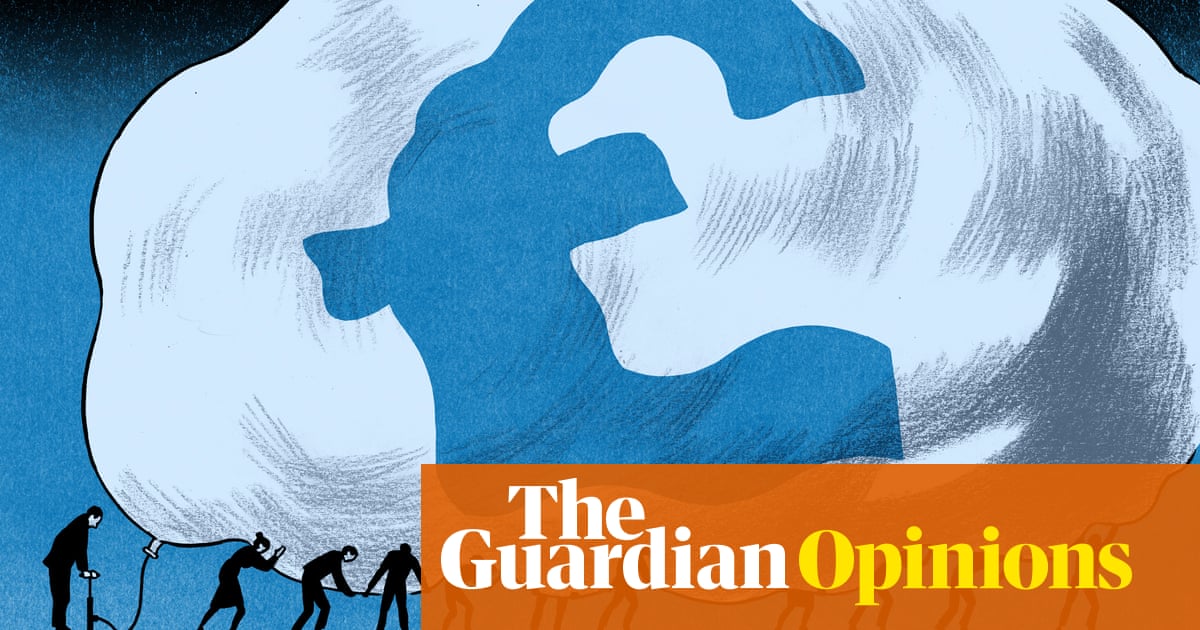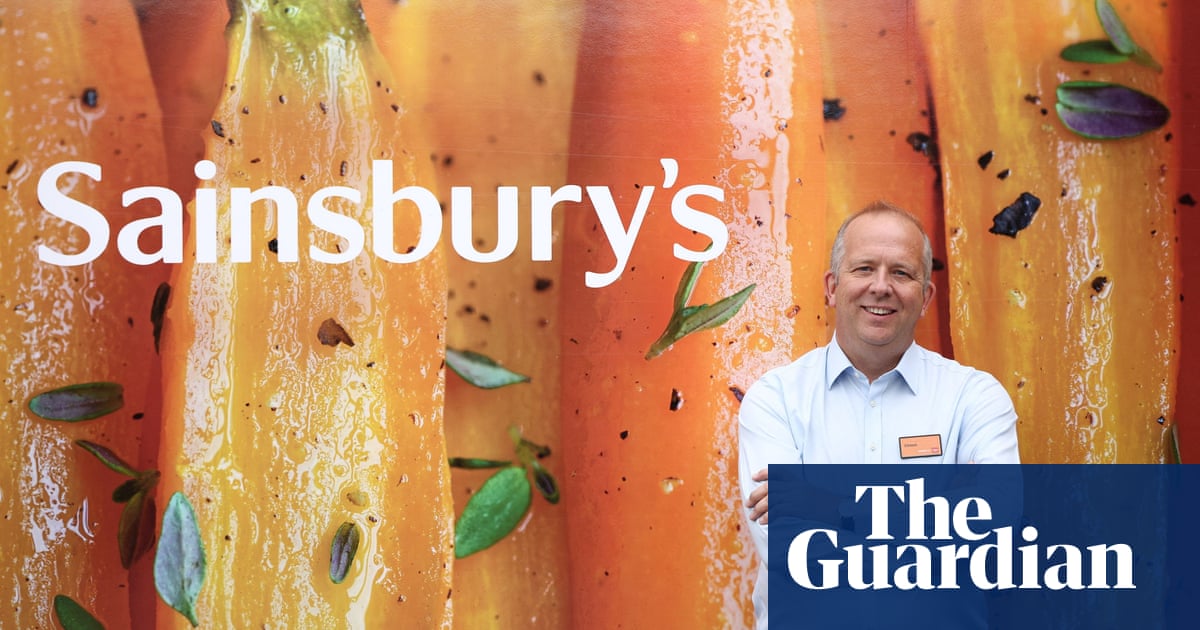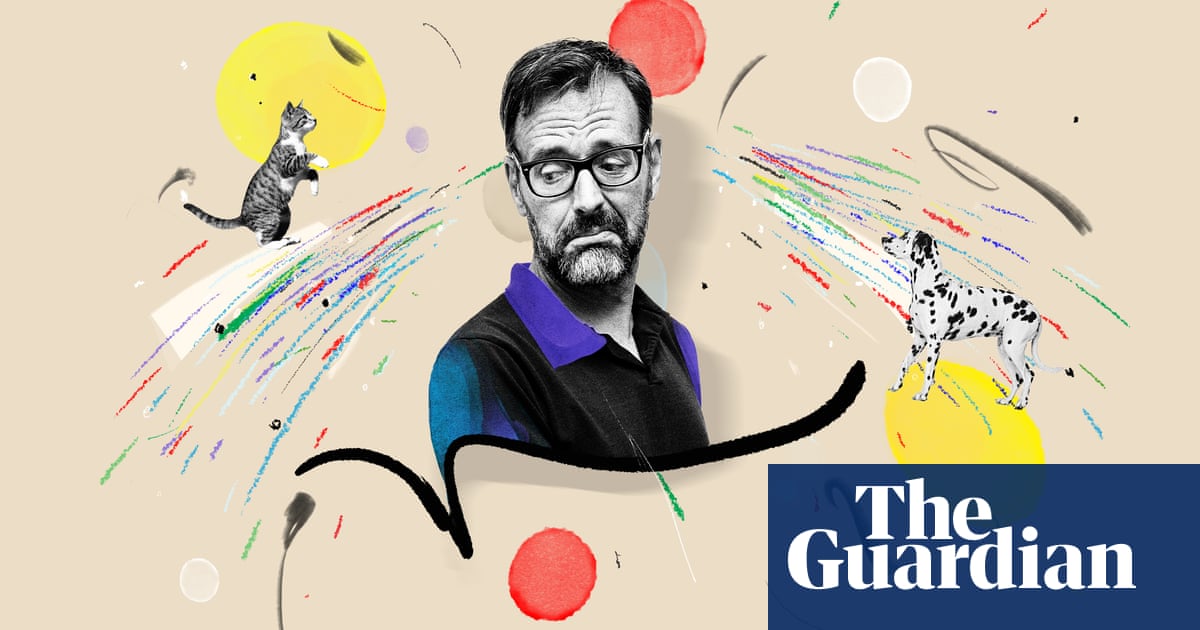
Inflation is proving hard to shift, and that spells big trouble for a government fast running out of excuses for why the cost of the weekly grocery shop is rising at its fastest rate since 1977.
Global energy prices have collapsed, and the price of food on international commodity markets is coming down too, so it’s hard any longer to blame Vladimir Putin for inflation being so sticky. Nor is it immediately obvious why junior doctors should be the fall guys.
Despite attempts by ministers to finger workers for the persistence of the cost of living crisis, there is no real evidence that this is the case. Both the International Monetary Fund and the European Central Bank have looked at whether higher wages are driving up prices, and neither of those august bodies thinks that is happening.
What they have found is that companies have been able to use the crisis to drive up prices and boost profit margins. The IMF and the ECB wouldn’t put it in these terms, of course, but both support the idea that companies are gouging their customers when they can. The non-technical term for what is going on is greedflation.
The latest cost of living figures for the UK highlight the need to find out what is causing inflation to be so obdurate. Sure, there was a fall last month, but financial markets did not expect the annual rate to remain above 10%, and nor did the Bank of England. The government is having to cope with a combination of weak growth, high inflation and strikes over pay. With a general election getting ever closer, that’s a potentially toxic mix.
Ministers have a narrative, and they are sticking to it. When he was in Washington for last week’s IMF meeting, the chancellor, Jeremy Hunt, had a tough-love message for striking junior doctors: I understand your anger, but agreeing to your demands for a 35% pay increase would merely make the problem of high inflation more persistent.
It’s a familiar argument but not a convincing one. Growth in annual average earnings has certainly picked up, but wage increases are lagging well below price increases. Workers, where they can, are trying to maintain their living standards but failing to do so.
This was a point made by the IMF’s chief economist, Pierre-Olivier Gourinchas, last week. “Should we worry about the risk of an uncontrolled wage-price spiral? At this point, I remain unconvinced. Nominal wage inflation continues to lag far behind price inflation, implying a steep and unprecedented decline in real wages.”
Gourinchas went on to note that companies were doing rather better out of the cost of living crisis than workers were. The flipside of steeply rising prices but only modestly higher wages was that profit margins had “surged”, he said.
This echoes what unions have been saying. Unite, one of the UK’s biggest unions, published a report in March that blamed systematic profiteering across the economy for fuelling the cost of living crisis. Energy companies, supermarkets, shipping companies, car dealers and food manufacturers had all cashed in on drought, war, and strong demand after the pandemic to “push prices and profits through the roof”.
Profit-gouging in times of upheaval is nothing new. Stanley Baldwin, a Conservative prime minister in the 1920s and 1930s, once talked about the “hard-faced men” elected as Tory MPs in 1918 who looked as if they had done very well out of the first world war.
Not every company is doing well out of the crisis. Insolvencies are rising rapidly, but these tend to be smaller firms that are unable to make higher prices stick. In both the UK and the US, the price of eating in is going up more rapidly than the price of eating out, even though labour accounts for a higher share of total costs for restaurants than it does for food producers.
But despite the lack of a wage-price spiral, the government doesn’t seem very interested in greedflation as an explanation for the level and persistence of inflation. It would do well, though, to take a look at a European Central Bank study of why inflation in the eurozone after the invasion of Ukraine rose to its highest level since the creation of the single currency at the end of the 1990s.
Normally, the ECB said, it would have expected a weakening economy and higher energy prices to lead to lower corporate profits, but it was seeing the opposite. The eurozone’s central bank looked at the contribution of profits to inflation over nearly a quarter of century, and found that between 1999 and 2022, profits were responsible for one-third of the inflation rate on average. In 2022 alone, profits contributed to two-thirds of the rise.
Inflation in the eurozone currently stands at 6.9%, lower than in the UK, although core inflation – which strips out volatile food and energy prices – is similar, and German food prices are rising even more sharply than those in Britain.
But whereas the ECB – from its president, Christine Lagarde, downwards – is fully exercised by the threat posed by greedflation, policymakers in the UK seem far more relaxed. There have been plenty of calls for wage restraint, most notably from Andrew Bailey, the governor of the Bank of England, but far fewer for price restraint. There have been no suggestions that companies seen to be exploiting their market power might be subject to a competition investigation, and no hint that the regulators of privatised monopolies need to do more to protect consumers. The Bank of England has yet to publish a version of the ECB paper. Price controls, of the sort used in the 1970s, are seen as to be avoided at all costs.
Instead, inflation is being controlled through the blunt instrument of interest rates. Official borrowing costs will be raised to a level that sucks demand out of the economy and reduces upward pressure on pay through job losses. There is a strong likelihood that the latest inflation figures will trigger another increase in interest rates from the Bank of England next month. The higher rates go, the greater the risk of a severe downturn being triggered. David Blanchflower, a former member of the Bank’s rate-setting monetary policy committee, thinks Threadneedle Street is guilty of overkill on interest rate rises, and he is right to be worried.
Greedflation is about to become a political issue. Workers taking hefty real-pay cuts are in no mood to make further sacrifices, so now is the time for companies to show some restraint. If they don’t, they will have restraint imposed on them. If not by this government, then by a future one.
Larry Elliott is the Guardian’s economics editor












